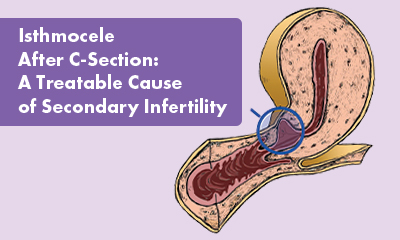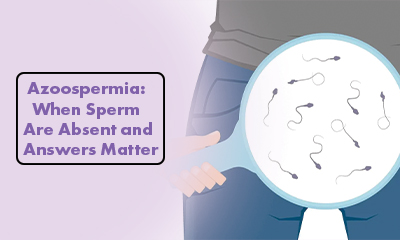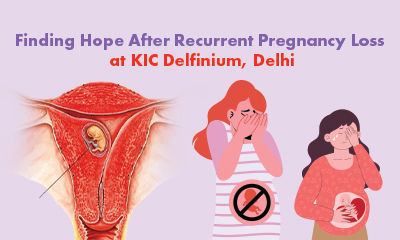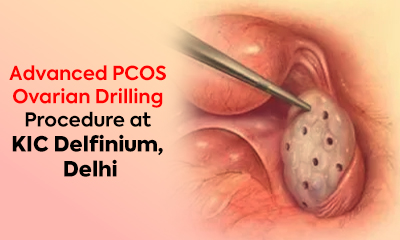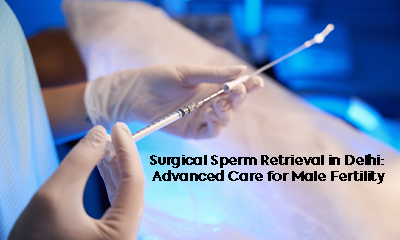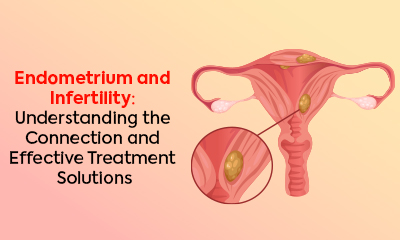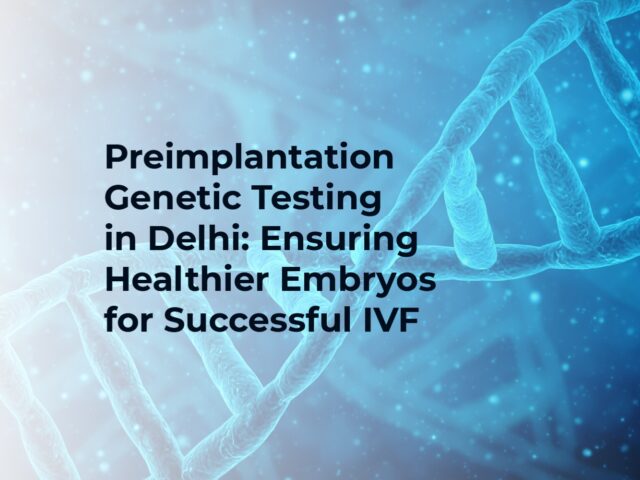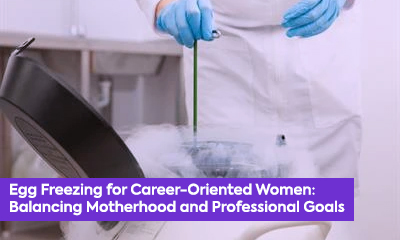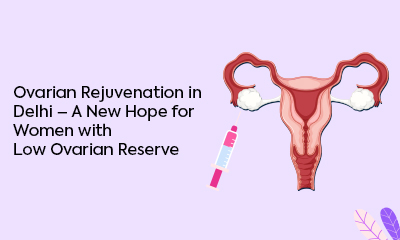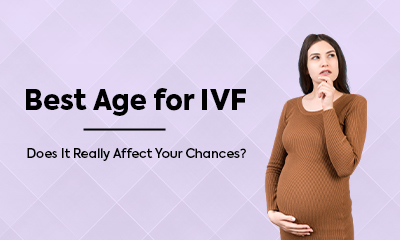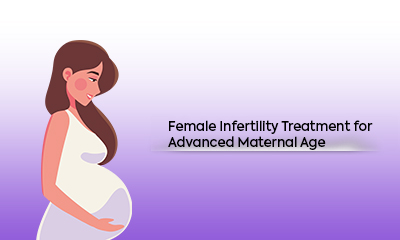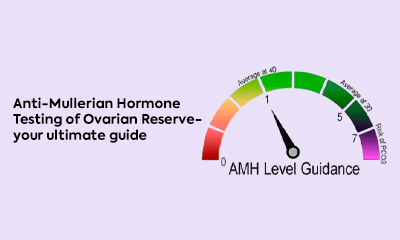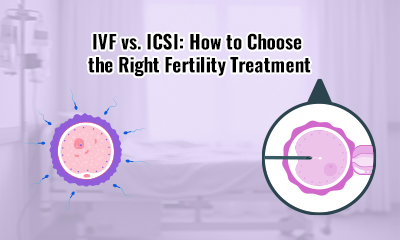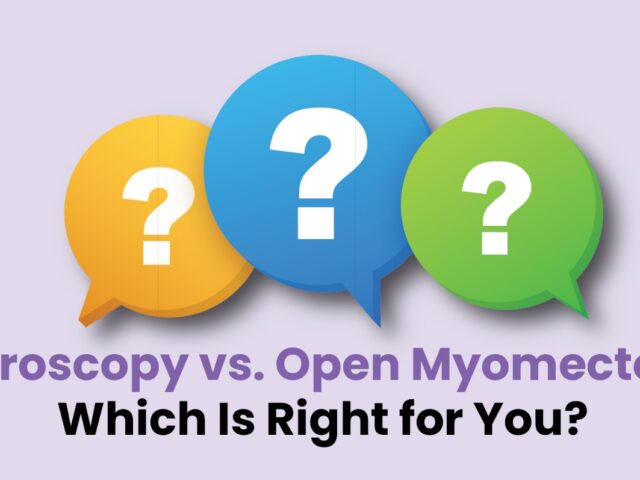When planning to start a family, many couples worry about age—especially if they are considering IVF treatment in Delhi. The common question is: Does age really impact IVF success? The short answer is yes, but let’s explore why.
Why Age Matters in IVF
For women, age plays a crucial role in fertility. Egg count and quality naturally decline over time. By the early 30s, and more so after 35, the chances of conceiving naturally or through IVF reduce. This is because the eggs available may not be as healthy, which affects fertilization and embryo growth.
For men, age has a slower but noticeable effect. Sperm quality may decrease with age, which can influence embryo development and pregnancy chances.
IVF Success Rates by Age
- Under 35 years – Highest success rates with IVF.
- 35–37 years – Still good chances, though slightly reduced.
- 38–40 years – Lower success; multiple IVF cycles may be required.
- Above 40 years – Success rates drop further. Doctors may suggest donor eggs for better outcomes.
However, advanced fertility treatments such as ICSI, embryo freezing, and genetic screening give hope even for couples in their 40s. Many still achieve parenthood with the right medical support.
When Should You Consider IVF?
If you’ve been trying to conceive for over a year without success—or six months if the woman is over 35—it’s wise to seek professional help. Early consultation with a fertility expert increases your chances of success, regardless of age.
Beyond Age: Emotional and Lifestyle Factors
Fertility is not just about age. Stress, poor sleep, smoking, and unhealthy diet can also affect IVF results. Couples who maintain a balanced lifestyle, eat nutritious meals, and manage stress are often better prepared for the IVF journey.
Choosing the Right IVF Support
The “best age” for IVF is generally when fertility is naturally higher, but every journey is different. Some couples succeed in their late 20s, while others welcome a child in their 40s. The key is timely action and the right medical care.
If you are searching for reliable guidance, KIC Delfinium offers advanced IVF treatment in Delhi, with expert doctors, personalized counseling, and modern technology to maximize your chances of success.
Final Thought: Age does influence IVF outcomes, but with timely medical advice, advanced treatment, and emotional strength, parenthood is possible at many stages of life. It’s not just about age—it’s about awareness, action, and choosing the right support.
FAQs on IVF Treatment in Delhi
- What is the best age for IVF treatment?
The best age for IVF is generally below 35 years, as egg quality and fertility are naturally higher. However, with advanced techniques, many women in their late 30s and 40s also achieve successful pregnancies. - Can women above 40 undergo IVF treatment in Delhi?
Yes. Women above 40 can opt for IVF, though success rates are lower. In some cases, doctors may recommend donor eggs or advanced procedures to improve outcomes. - How does male age affect IVF success?
While men produce sperm throughout life, sperm quality can decline with age, affecting embryo development. Lifestyle changes and medical support can help improve results. - How many IVF cycles are usually required?
The number of IVF cycles varies. Younger women may conceive within the first or second cycle, while older women might need multiple attempts. Your fertility expert will guide you based on your condition. - Why should I choose KIC Delfinium for IVF treatment in Delhi?
KIC Delfinium provides advanced fertility treatments, expert doctors, personalized counseling, and state-of-the-art technology, ensuring the best possible support for couples on their parenthood journey.


